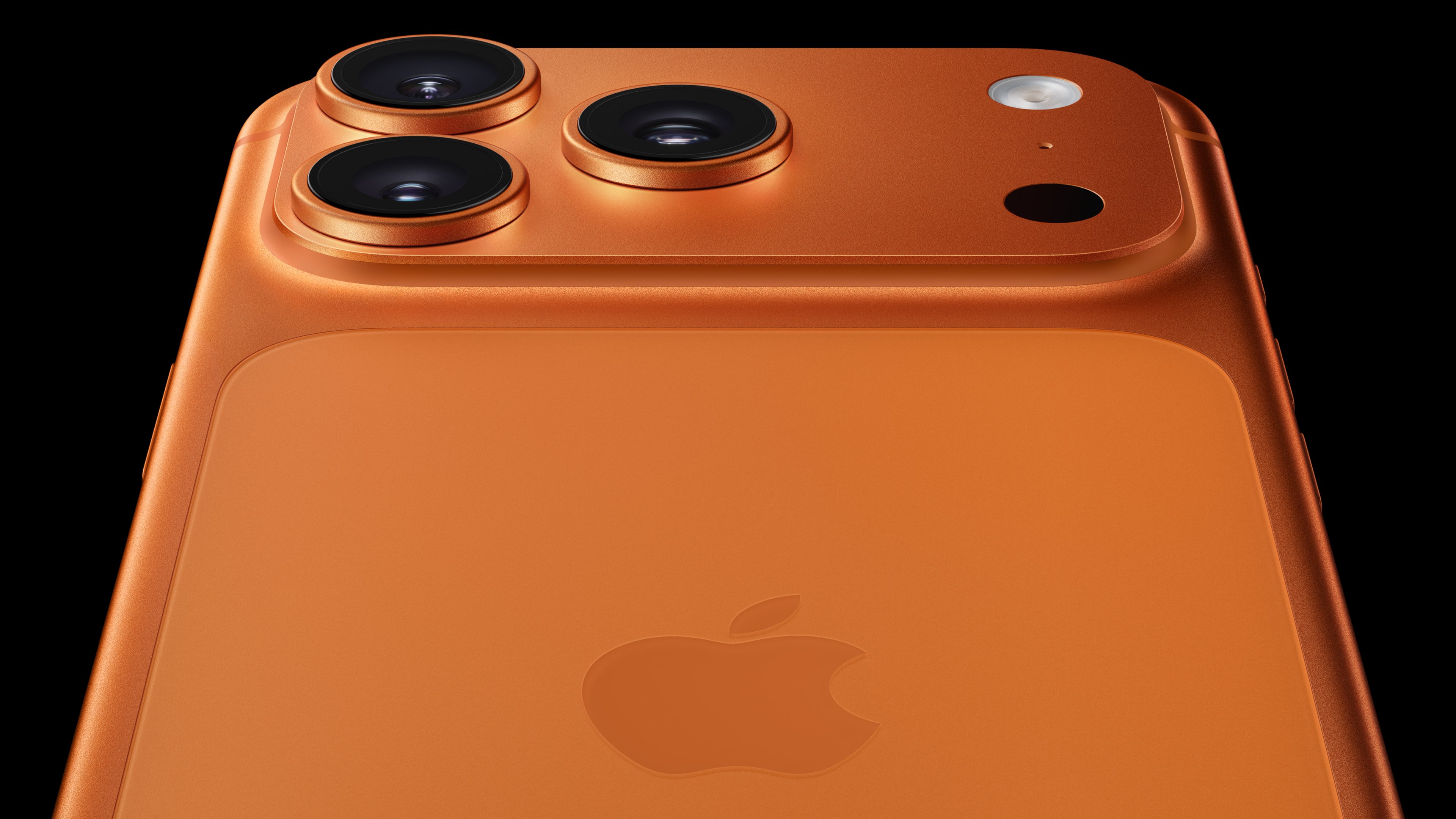After several years of the iPad-induced "post-PC era" that Apple (AAPL 0.75%) seemed quite bullish on, it's starting to look as though the shoe is on the other foot. This quarter, Apple's iPad sales plummeted 9.2% on a year-over-year basis. That's two straight quarters in a row of year-over-year declines.
On the flip side, Apple saw its Mac unit shipments grow 17.6% year over year and revenues grow 13.2%, bucking the "death of the PC" trend. Some of the sales growth came from more aggressive pricing, though, and admittedly, a good chunk of what we're seeing here is share gains against Windows devices.
Still, with iPad sales continuing to shrink, and with PC and Mac sales seemingly stabilizing, is it time to declare the iPad and, more generally, the tablet computer obsolete?
A little bit of background
Over the past couple of years, PC sales have been fairly weak, driven in no small part by the introduction of the iPad (and various clones). The device offered a thin, light, and very well thought out touch-based computing platform -- and for a time it made up Apple's fastest-growing product category.

Apple's iPad Air. Source: Apple.
In contrast, when the iPad launched in 2010, the majority of PCs were bulky, sported poor battery lives, and were often loaded with bundled software that got in the way of the user experience. Naturally, as consumers found that they could shift more of their basic tasks -- such as monitoring email, surfing the Web, and watching videos -- from those awful PCs to iPads, they started to do so, driving consumer PC weakness throughout 2012 and 2013.
iPad faces a flurry of tablet-based competition
As Apple saw its iPad sales skyrocket, others saw an opportunity to exploit this fast-growing category. A flurry of competition from hardware vendors using Google's Android operating system started to flood in. Though these early efforts were lackluster at best, they have evolved over time to be quite solid, particularly at the low end.

Samsung's Galaxy Tab S. Source: SamMobile.
At the high end, where Apple plays, Samsung has been the most aggressive, with its rapid product cycles bringing to bear features that in some respects outrun Apple's very best iPads. For example, the recently launched Galaxy Tab S family sports higher-quality displays than either the iPad Mini with Retina Display or the iPad Air. The Galaxy line also comes with fingerprint sensors and a thinner chassis.
In an unsubsidized world, replacement cycles are long
Though Apple saw explosive growth in the iPad when the category was new and the competition minimal, the reality is that the market for consumer consumption devices that begin at $299 unsubsidized and scale all the way up to $929 (for the 128 GB iPad Air with a cellular connection) is unlikely to grow at huge rates over time.
In addition, users are more likely to want to hang on to these relatively expensive tablets for longer than they would a phone that effectively costs around $199 to replace every two years on contract.
Is the PC taking back wallet share?
A final point, and one I alluded to at the beginning of this article, is that PCs may simply be winning back consumer wallet share from tablets, with the iPad particularly vulnerable, as pricing for these products falls pretty well into mid-range notebook price bands.

Intel's Broadwell will make PCs even more tablet-like. Source: Intel via Liliputing.
It seems pretty clear at this point that an iPad Mini or an iPad Air isn't a suitable replacement for a full-blown PC or Mac. Further, thanks to Intel's (INTC +2.25%) Ultrabook initiative, which was more or less a program to get OEMs to copy the MacBook Air, the build-quality and battery-life issues have largely gone away -- and with Intel's next-generation Broadwell chip, laptops will begin to see a mass shift toward fan-less designs.
Now, they both seem to share a similar and growing pool of dollars from consumers, so if a year is characterized by a large tablet upgrade cycle, consumer PC sales growth may suffer. Conversely, in a year where consumer PC users upgrade en masse, iPad and premium tablet sales may suffer.
Apple also needs an iPad refresh
In addition to the competitive pressures and a potential wallet share shift back to PCs, Apple's iPad lineup is in need of a refresh.

iPad Air compared with a dummy model of the next-generation iPad Air. Source: Jonathan Morrison.
With competitor Samsung's tablets offering devices that have better display quality, fingerprint scanners, and thinner chassis, the competitive landscape has never been tougher for iPad. Further, given that these are consumption devices, the performance requirements of most applications probably aren't scaling up well enough to instill a sense of urgency to upgrade to one of the current models.
Apple needs new iPads with fundamentally game-changing features, like Touch ID, before customers will be willing to drop the big bucks on iPad upgrades.
Foolish bottom line
Do the ugly year-over-year declines from iPad signal the obsolescence of the iPad and perhaps tablets in general? No. However, they do signal that Apple needs to give the existing installed base of customers an upgrade.
The next generation of iPads can't come soon enough.






